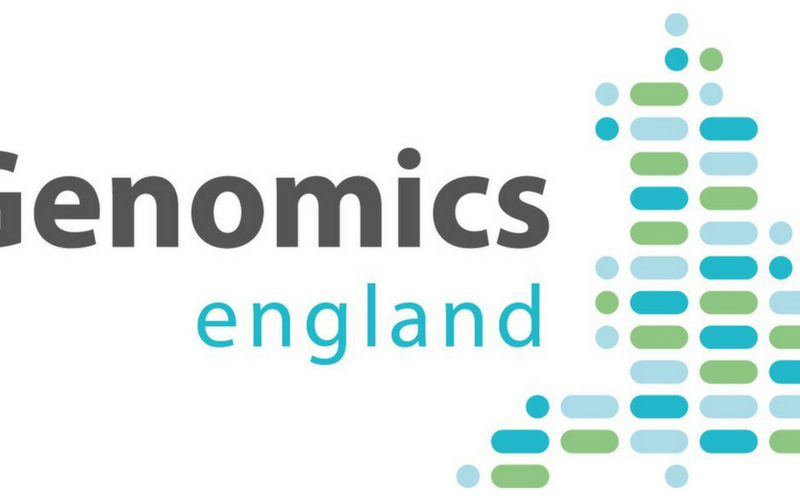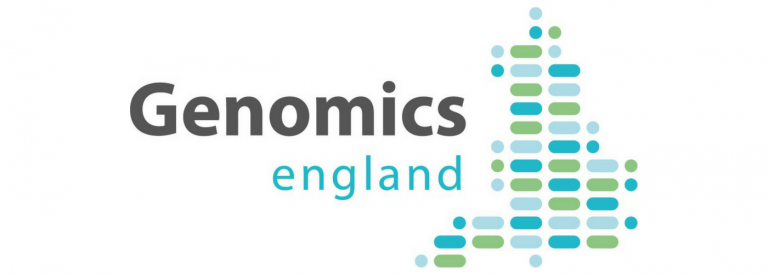Wales has joined the 100,000 Genomes Project, the Welsh Government announced. The project, now a UK-wide initiative, seeks to transform patient care, encourage genomic discovery and drive a thriving genomics sector.
In an agreement between Cardiff and Vale University Health Board (CVUHB), Cardiff University and Genomics England (the company leading the Project across the UK), 420 whole genome sequences (WGS) have been commissioned for patients with rare diseases and their families, in Wales.
The 100,000 Genomes Project aims to sequence 100,000 genomes from 70,000 people with rare diseases and their families, as well as those with cancer. To date, almost 50,000 whole genomes have been sequenced, with the ultimate 100,000 WGS milestone due to be reached by the end of 2018.
Welsh rare disease patients and their families, who choose to participate in the 100,000 Genomes Project, may be provided with a diagnosis and spared years of uncertainty and distress (often known as the diagnostic odyssey). With more precise and rapid diagnosis, there is also the potential to reduce pressure on Welsh health and social care budgets.
Today’s announcement brings together the Welsh Government, AWMGS, CVUHB, Cardiff University, the Wales Gene Park, the Medical Research Council (MRC) and Genomics England to establish the first Genomic Medicine Centre (GMC) in Wales. This joins 13 other NHS GMCs in England, the Northern Ireland GMC and the Scottish Genomes Project. The Wales GMC, based at the University Hospital of Wales site in Cardiff, has been supported by the Welsh Government and the MRC, which contributed £2.4 million and £1 million in funding respectively.
Participation in the 100,000 Genomes Project supports the Welsh Government’s ‘Genomics for Precision Medicine Strategy’, which sets ambitious goals for genomic medicine, including the development of:
-
internationally recognised medical and public health genetics services;
-
internationally recognised research in genomics and excellent platforms for precision medicine;
-
new strategic partnerships in genomics and precision medicine; and
-
the NHS and research workforce to underpin the delivery of genomic medicine.



 PTC receives formal dispute resolution request decision from the FDA
PTC receives formal dispute resolution request decision from the FDA
